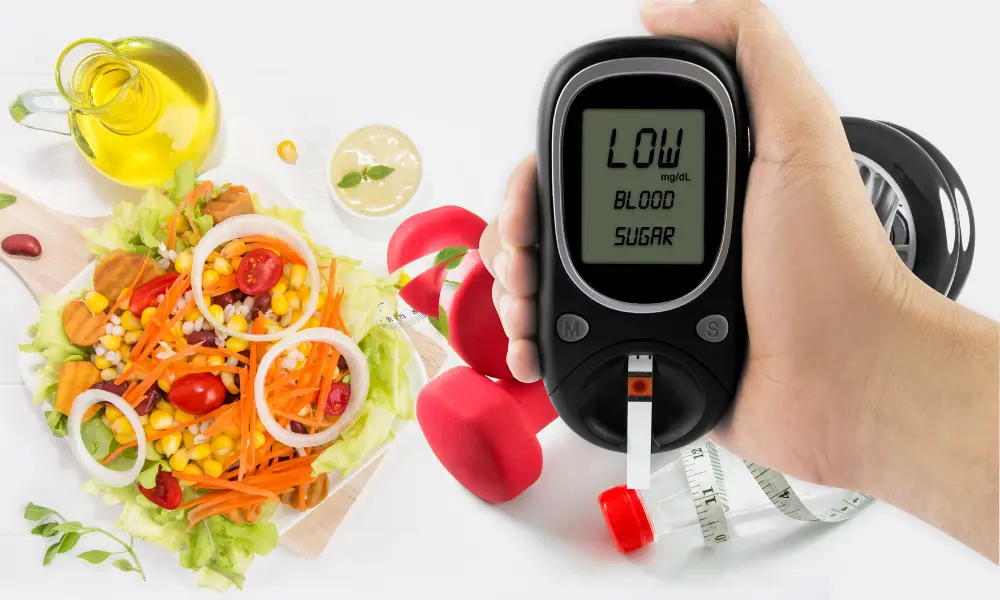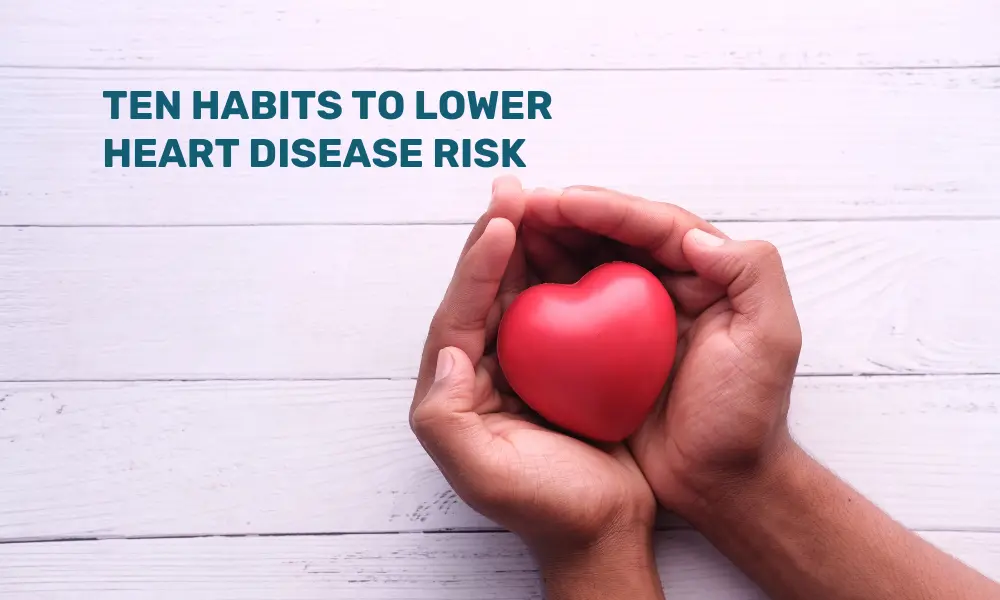Sometimes, it is just impossible to resist desserts. In a world where sugary treats and beverages are readily available, many people may not realize the toll excessive sugar consumption takes on their health. There are crucial warning signs that indicate one might be consuming too much sugar. Understanding these signs is critical to taking proactive steps toward a healthier lifestyle.
On World Diabetes Day, which is observed on November 14 every year, let us find the eight red flags that suggest our sugar intake may be too high and learn about healthier alternatives to replace sugar.
Signs You Are Overeating Sugar:
-
Constant Bloating: If you are dealing with persistent bloating, especially in the morning, it might be related to your sugar consumption. Excessive sugar can disrupt your digestive system and lead to bloating and discomfort. Sugars found in processed foods, can ferment in the gut, leading gas and bloating. To combat this, focus on eating whole foods and reducing your intake of processed sugar. Include probiotic-rich foods like fermented vegetables, fermented rice, yogurt to support digestive health.
-
Persistent Sugar Cravings: An insatiable craving for sugary foods, particularly after meals, is a clear indicator of sugar dependency. When you consume high amounts of sugar, your body can develop a cycle of cravings and dependence. These cravings can be difficult to break, as sugar stimulates the brain’s reward system, making you want more. To curb these cravings, gradually reduce your sugar intake and replace sugary snacks with healthier alternatives like fruits and nuts. Mindful eating practices can also help you gain better control over your cravings.
-
Fluctuating Energy Levels: One of the most immediate and noticeable signs of excessive sugar consumption is erratic energy levels. You might experience a rapid energy boost after indulging in sugary foods, followed by a sudden crash. This cycle of highs and lows is a result of sugar’s impact on blood glucose levels. The quick rise in blood sugar leads to a burst of energy, but as insulin works to lower the glucose, you might feel drained and fatigued soon after. To stabilize your energy levels, opt for complex carbohydrates and fiber-rich foods that provide a steady release of energy.
-
Weight Gain: One of the most concerning effects of high sugar intake is weight gain. Excess sugar gets converted into fat, resulting in weight gain or obesity. Consuming sugary beverages and snacks adds empty calories that don’t provide nutritional value. To manage weight, reduce your intake of sugary foods and replace them with healthier options. Incorporate whole foods like fruits, vegetables, fibre and whole grains, and opt for natural sweeteners.
-
Skin Problems: Excessive sugar consumption can manifest in your skin as well. Common issues include acne, premature wrinkles, and constant rashes. Sugar promotes inflammation and can exacerbate skin conditions by increasing oil production and reducing skin elasticity. To improve skin health, reduce consumption of sugary foods and adopt a diet that is rich in antioxidants and healthy fats. Incorporate foods like berries, avocados, and leafy greens that support skin health and reduce inflammation.
-
Swollen Face: If you have noticed that your face appears puffier than usual, it could be a sign of too much sugar in your diet. Excessive sugar intake can cause water retention, leading to facial swelling. This puffiness is often a result of the body’s attempt to manage the excess sodium and sugar. Reducing your sugar intake and staying hydrated can help alleviate this issue. Incorporate diuretic foods like cucumber and celery into your diet to help reduce water retention.
-
Mood Swings: Sugar does not just affect your physical health-it can impact your emotional well-being too. Rapid fluctuations in blood sugar levels can cause mood swings, irritability, and anxiety. When blood sugar spikes, it can make you feel energetic but as it crashes, it can cause irritability and depression. Managing your sugar intake can help maintain stable blood sugar levels and improve mood stability. Including sources of protein and healthy fats in your meals can also help buffer the effects of sugar on mood.
-
Trouble Sleeping: Struggling with sleep can be another sign of high sugar consumption. Consuming sugary foods, especially close to bedtime, can interfere with your sleep quality. Sugar can lead to restless nights and difficulty falling asleep by causing fluctuations in blood sugar levels. To promote better sleep, limit sugar intake in the evening and choose foods that are known to support restful sleep, such as cherries, which contain melatonin, and herbal teas like chamomile.
Healthier Sugar Substitutes
If you are looking to reduce your sugar intake, the nutritionist suggested incorporating healthier substitutes into your diet. Dates, fruits, and raisins offer natural sweetness with added nutritional benefits. Monk fruit sweetener is another excellent alternative, providing sweetness without the calories and blood sugar spikes associated with refined sugar.
So, do you think you are eating excessive sugar? Get a test done!





